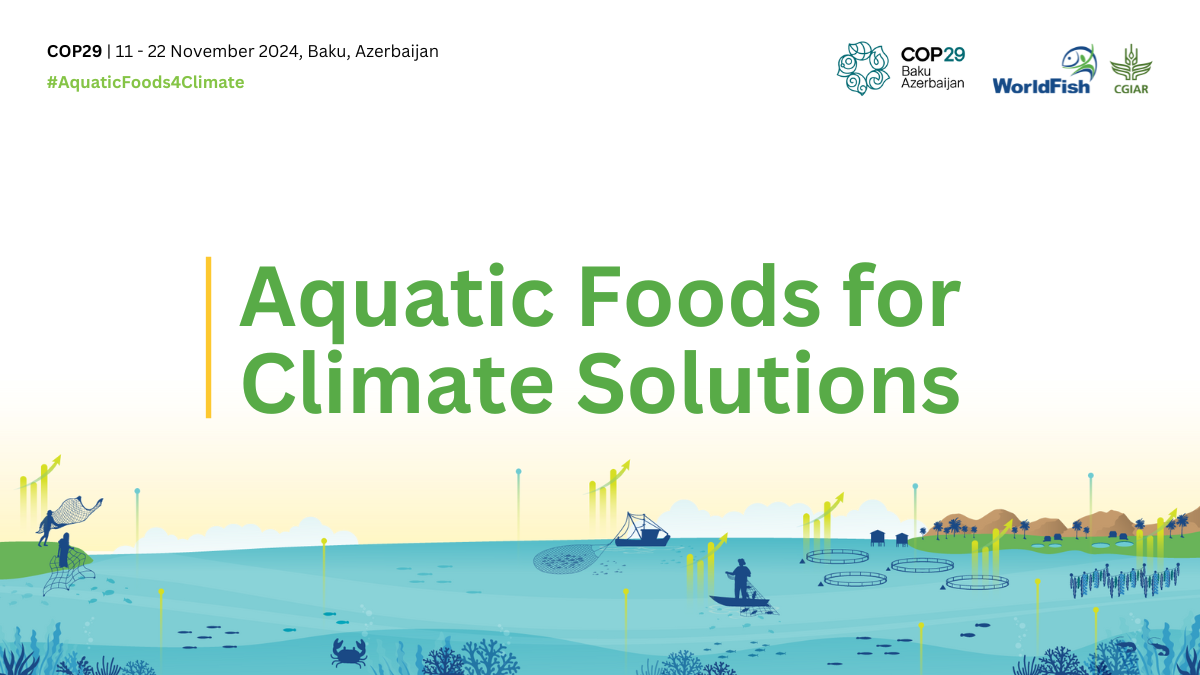WorldFish Key Engagements and Outcomes
At COP29, WorldFish brought the importance of aquatic foods to the global climate stage. During the conference we emphasized how aquatic foods can drive sustainable climate solutions while supporting vulnerable communities.
Key Outcomes
- Engaged and consulted with governments, including Bangladesh, Timor Leste, Cambodia and Zambia, on integrating aquatic foods into national climate strategies.
- Positioned aquatic foods as a bankable climate solution, drawing attention to their potential in achieving sustainable development goals.
- Shared insights on evidence-based climate mitigation and adaptation solutions from our experiences in countries and discussed policy approaches to achieve climate-resilient aquatic food systems.
Key Engagements
UNFCCC Official Side Event This event, moderated by WorldFish Director General, Essam Yassin Mohammed was co-organized with FAO, EDF, and the Aquatic Blue Food Coalition and, brought together speakers from Brazil, Cambodia, the World Bank, and others to discuss how aquatic foods can increase climate ambition. Opened by CGIAR Executive Managing Director, Ismahane Elouafi, the event highlighted global momentum for integrating aquatic foods into climate strategies.
Ocean Pavilion Event In collaboration with FAO, Rare, and ORRAA, this session focused on innovative financial models and local actions for coastal resilience. Moderated by WorldFish Director General, Essam Yassin Mohammed, discussions explored how these approaches could be applied in WorldFish projects.
Food and Agriculture Pavilion Events Partnering with IWMI, IRRI, and WWF, we showcased how aquatic foods can play a critical role in sustainable food systems. Contributions from WorldFish Senior Researcher Netsayi Mudege, provided practical insights on addressing food security and biodiversity through aquatic food systems.
Innovative NDCs 3.0 for Food Systems In collaboration with WWF, Biovision, IWMI, ClimEat, GIZ, and the EU, this session explored how water, agroecology, fisheries, and healthy diets can boost climate ambition. WorldFish Climate Lead, Michelle Tigchelaar joined the panel to highlight the importance of integrating aquatic foods into Nationally Determined Contributions (NDCs).
SHARE Hub Event This event moderate by WorldFish Scientist, Thijs Schut, co-organized with IIED, WEF, and FCDO, and spotlighted WorldFish’s innovations, including the Asia-Africa BlueTech Superhighway. With WorldFish Climate Change Research Scientist, Rumana Hossain, as a panelist, governments from Mozambique and Bangladesh shared experiences, fostering discussions on scaling up climate adaptation solutions.
Africa Pavilion Event WorldFish Climate Lead, Michelle Tigchelaar, moderated this session focused on aquatic foods in Africa’s blue economy. Discussions addressed livelihoods, gender, and nutrition, with strong representation from Tanzanian and regional partners.
Aquatic foods are a critical solution to global climate challenges. As we look ahead to COP30, we will continue to build partnerships and advocate for greater investment in aquatic food systems.
Highlights from COP29
See below for photos capturing key moments from the conference.
To view more photos please visit WorldFish Flickr album.
Aquatic Foods for Climate Solutions: A Just and Profitable Investment
For COP29, countries will convene in Baku, Azerbaijan, November 11–22, 2024, to negotiate and collectively step up their commitment, so that their next Nationally Determined Contributions (NDCs) due 2025 can help us limit the global temperature increase to below 1.5°C. For many developing nations, where aquatic foods are essential to both the nutrition and livelihoods of coastal communities, integrating fisheries and aquaculture into climate strategies offers a path to both climate adaptation and sustainable economic growth in the regions hardest hit by climate change.
Why Aquatic Foods Need Climate Action
- 3.3 billion people currently rely on aquatic foods for essential nutrition.
- 600 million people are supported by aquatic food-related livelihoods, mainly in low- and middle-income countries.
- Aquatic foods produce a fraction of the carbon emissions compared to land-based agriculture.
- Fisheries and aquaculture face multiple climate hazards – such as shifting fish stocks, ocean acidification, stronger storms, and erratic rainfall – which will be felt hardest in countries that rely on aquatic foods the most.
- Global demand for fish and seafood is expected to double by 2050.
- $4 billion per year is needed by 2030 to support climate-resilient aquatic food systems.
- Current climate finance allocations for aquatic food systems fall far short of what’s required.
Climate Financing Must be Just
People who rely on aquatic food systems for nutrition and livelihoods are among the most vulnerable in the world. They will be hit hardest by climate change, yet have contributed least to the problem. Ensuring these communities receive adequate support is essential to building resilience and securing a sustainable future for all – equitably and inclusively.
Despite their potential for climate action, aquatic food systems receive only a fraction of the climate finance they need.
As climate risks escalate, aquatic food systems require at least $4 billion annually by 2030 to build resilience and support long-term sustainability.
"Without increased investment, we risk losing not only a critical source of nutritious food and jobs, but also a powerful solution to climate change."
Add Aquatic Foods and Fisheries to Climate Agenda
At COP29, WorldFish is calling for urgent action to:
Incorporate aquatic foods into national climate action plans, including Nationally Determined Contributions (NDCs) and National Adaptation Plans (NAPs), to unlock essential financing and resources that can put countries’ food systems on a low-emissions pathway while boosting food and nutrition security.
With the release of new guidelines, now is the time to make aquatic foods central to climate strategies for a resilient future.
Scale up locally led, climate-smart adaptation initiatives by empowering communities with proven tools, digital innovations, and nature-based solutions. These initiatives—such as Climate Information Services (CIS), aquaculture diversification and early warning systems—enable small-scale fishers and fish farmers to prepare for shocks, strengthen ecosystem resilience, and invest in long-term climate-adaptative practices. Co-developed by WorldFish and tested across 27 countries, these approaches are transformative for food systems and economies worldwide. (see WorldFish’s Digital Innovations Catalog).
Invest in and partner for South-South collaboration, vital to accelerate country-led climate action for transforming food systems. Mutual learning and transfer of knowledge and appropriate technologies can fuel rapid adaptation and scaling out of locally tested technologies and practices (see a new 7-year initiative of WorldFish).
Explore WorldFish's events and engagements at COP29
At COP29, we’ll be in dialogue with governments, donors, partners, and civil society organizations, sharing our insights and support to advance climate action for aquatic foods. Through our participation in multiple events, we will be highlighting the essential role of aquatic food systems in addressing climate challenges and bring together partners to drive meaningful action toward sustainable, resilient, and nutri-sensitive food systems that support both people and the planet for shared prosperity.
Meet WorldFish's Climate Team at COP29
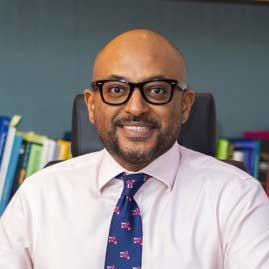 Essam Yassin Mohammed
Essam Yassin Mohammed
Director General,
WorldFish
 Michelle Tigchelaar
Michelle Tigchelaar
Impact Area Lead, Climate and Environmental Sustainability,
WorldFish
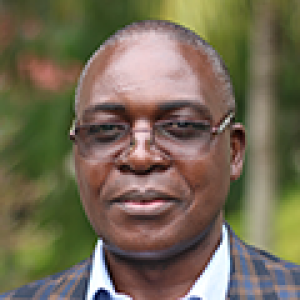 Victor Siamudaala
Victor Siamudaala
Country Director, Zambia and Southern Africa,
WorldFish
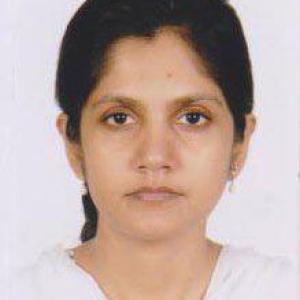 Rumana Peerzadi Hossain
Rumana Peerzadi Hossain
Scientist, Aquatic Food Systems,
WorldFish
 Thijs Schut
Thijs Schut
Scientist, Aquatic Food Systems,
WorldFish
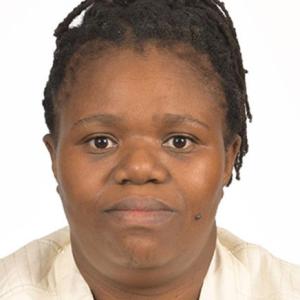 Netsayi Mudege
Netsayi Mudege
Senior Scientist, Aquatic Food Systems,
WorldFish
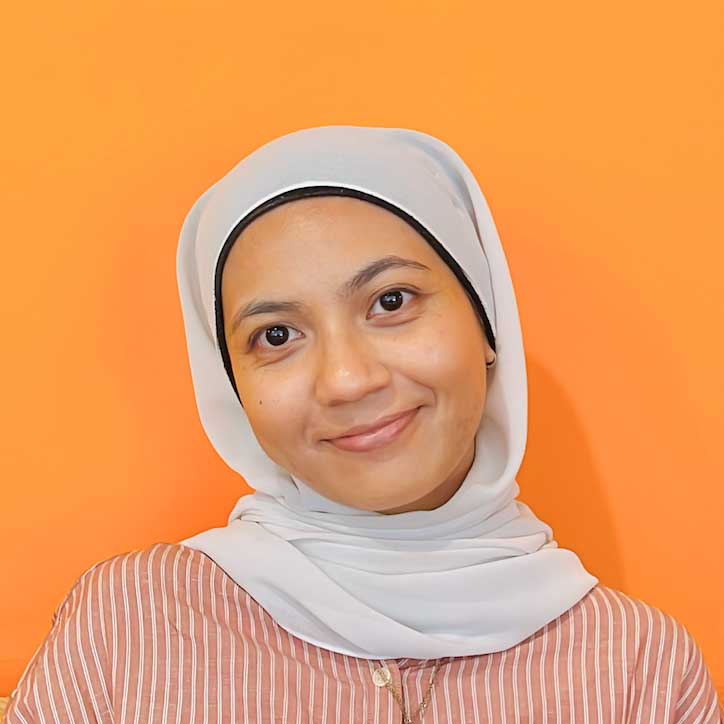 Aniss Khalid
Aniss Khalid
Communications Officer, Events and Social Media,
WorldFish
See WorldFish’s list of resources for COP 29
- Annual Report 2023 (Digital)
- NDC Guidelines for Aquatic Foods (Digital)
- Call to Action Opinion Piece published in Fair Planet (Digital)
- Policy Brief: Building climate resilience in small-scale aquatic food systems
Stay updated on aquatic foods research, outcomes, and new knowledge:
Follow us on Twitter, Facebook, LinkedIn, and subscribe to our newsletter WorldFish Monthly.
For more information, contact Aniss Khalid at a.khalid@cgiar.org
For media enquiries, contact David Wardell at d.wardell@cgiar.org
